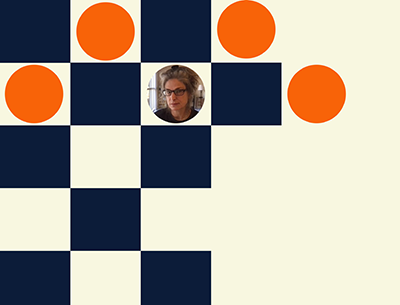Patricia Marino
Hagey Hall room 334
3:00 pm - 4:30 pm

Abstract
Simple, highly idealized models are often used in modelling social phenomena -- including inequality and oppression -- where reality is messy and complex. How can such abstract models be useful? One proposal is that they allow us to engage in counter-factual reasoning -- to answer "what-if" questions and to draw inferences about the effects of social interventions. Models are said to uncover the various possible causes of an effect, even if those are not the main causes in the actual world; we may learn an effect is likely to arise from a range of causes, thus informing us of the limits of interventions aimed at social justice. Models of processes with desirable outcomes may be used in "utopian-normative" roles -- serving as "guides to action." I argue that a crucial ambiguity arises in the concept of "what if" inferences -- one that blocks or complicates using formal models in these forms of reasoning.